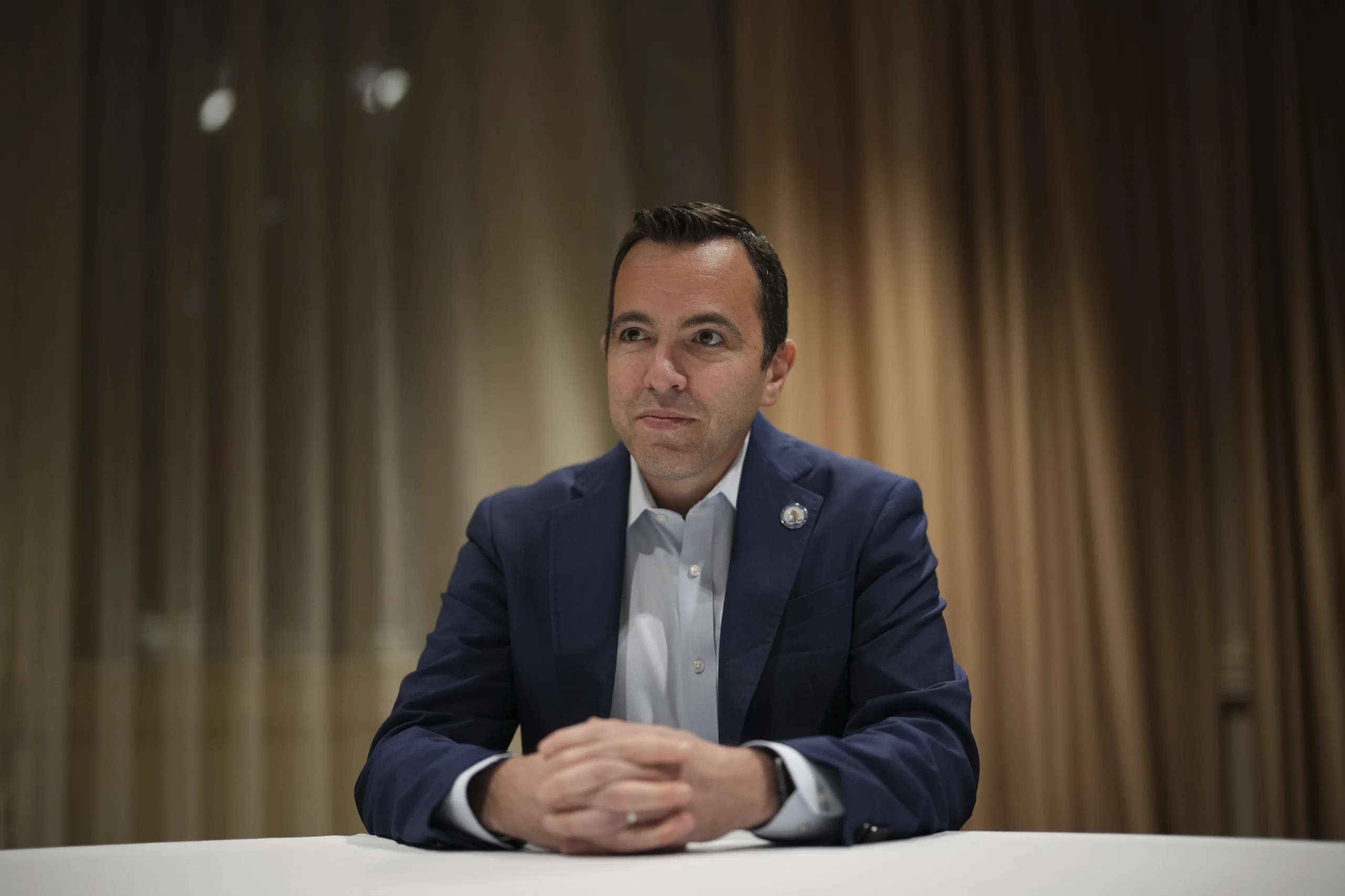Authors
Share
Background & Introduction
Modern policing in the United States places two policing philosophies at tension with each other. The community policing model seeks to build strong ties between police agencies and the communities they serve, and to “protect and serve” as collaboratively as possible. The second model has caused modern police forces to become increasingly militarized as many have adopted the equipment, tactics, and techniques of our military forces. Some academics believe that police militarization promotes an attitude that the community is the enemy, rather than partners in public safety.
With both approaches it is important to note that police favorability ratings are correspondingly lower among African Americans than whites. Indeed, data show that police favorability ratings vary greatly by race, income, and even political affiliation. Favorability is not static however: public perception of police drops after high profile incidents such as the Rodney King beating and the George Floyd killing, but trends back upwards over time.
In the United States criminal justice system, arrest is only the first event in a series. Although most discussions of American policing center on public-facing law enforcement officers and agencies with powers of arrest, other actors such as prosecuting attorneys and judicial officers hold integral roles in the system. Discussions of policing must necessarily include the role of the prosecuting attorney, judicial officers, and all other actors in the criminal justice system.
Prosecutors hold a gatekeeper role in the criminal justice system, with near absolute power to prosecute or decline a criminal case, i.e., prosecutorial discretion. Once the decision to prosecute is made, prosecutors decide which charges (and the severity of those charges) to file against the defendant, and argue whether the defendant should be released pending trial. Prosecutors have the authority to offer deals to defendants, i.e., the opportunity to admit to lesser crimes with lower sentences in exchange for forgoing a formal trial. Lastly, if the defendant is convicted, prosecutors make recommendations to the judge on the appropriate sentence to impose on the defendant. But prosecutorial clemency is not uniformly extended to all defendants. Non-white suspects are more likely to be charged with crimes than white suspects, more likely to be convicted at trial, more likely to be wrongfully convicted, and more likely to be sentenced to longer sentences than white defendants charged with the same crimes.
The United States has long held the dubious distinction of the highest per capita incarceration rates in the world. In recent years the US incarceration rate has started to decline, in part due to the First Step Act, in part due to declining crime rates, and in part due to large-scale inmate releases during the height of the COVID-19 pandemic. Despite this, the U.S. still has one of the highest incarceration rates in the world, now ranking fifth or sixth in the world, depending on whether the statistic includes children under 18 who are incarcerated. 68% of former state prisoners recidivate within 3 years after being released, and up to 83% will be arrested again within 9 years after being released.
State Attorneys General and Policing
State attorney general law enforcement authority varies widely across the states and territories. For example, the Connecticut Attorney General’s Office is exclusively vested with civil authority and has no criminal prosecution jurisdiction. On the other end of the spectrum, the New Jersey Attorney General’s Office is granted absolute power over the “administration of criminal justice throughout the state,” and the Attorney General possesses authority to issue “law enforcement directives” which are directly binding on every police officer in the state. Every other state and territory has some combination of full criminal prosecutorial jurisdiction, concurrent prosecutorial jurisdiction, jurisdiction that is secondary to local prosecutors, or jurisdiction that is limited by subject matter.
Nevada Attorney General Aaron Ford has adopted a philosophy that his role as attorney general includes a duty to create, restore, and augment trust between law enforcement and the communities they serve. Attorneys general seeking to emulate this viewpoint can play some role in police oversight and ensuring that policing practices in the United States are equitable—regardless of their specific jurisdiction over criminal prosecution.
There are several ways attorneys general can accomplish this objective. AG offices with criminal jurisdiction can review cases presented for prosecution to ensure that the underlying policing activities are both constitutionally sound and ethical. Instead of a singular approach to prosecuting crimes, these AGs can also exercise prosecutorial discretion to holistically weigh all the circumstances to balance justice, rehabilitation, and public safety. With these measures in place, attorneys general can provide oversight on local policing.
Attorneys general can also provide policing oversight through civil Pattern-or-Practice investigations of agencies accused of systematic civil rights violations. Pattern-or-practice investigations are investigations into systemic issues within an agency that affect a community as a whole, such as discrimination, or other constitutional violations. Although these investigations have historically been conducted by the federal Department of Justice (DOJ), in 2018 former-U.S. Attorney General Jeff Sessions significantly curtailed DOJ use of consent decrees, effectively defanging the Department’s Civil Rights Division. As a result of this change, the DOJ did not enter into a single consent decree during the four years of the Trump Administration. In the vacuum left by the DOJ’s abandonment of Pattern-or-Practice investigations, some state attorneys general filled the void by championing state laws to conduct Pattern-or-Practice investigations at the state level.
Lastly, attorneys general can leverage the power of their positions to advocate for laws that promote the interests of justice, e.g., the demilitarization of police tactics, and a more equitable criminal justice landscape. Data suggest that “tough on crime” policies that favor incarceration over diversion or rehabilitation are somewhat performative, and do little to reduce crime. Because AGs are widely considered subject matter experts on crime—even when they lack criminal prosecution jurisdiction—they occupy a bully pulpit from which they can endorse innovative policing and criminal justice solutions.
Specific Examples
In recent years, attorneys general have used their authority to address policing and the criminal justice system in a variety of ways. For example:
- Former New Jersey AG Gurbir Grewal used his office’s authority to supervise New Jersey’s police agencies to issue a directive mandating that law enforcement agencies treat members of the LGBTQ+ community with dignity and respect.
- Former Vermont AG T.J. Donovan joined a coalition of approximately 100 criminal justice leaders to advocate for the abolition of the federal death penalty, noting that it was disproportionately driven by racial factors, and that a significant number of inmates on death row were factually innocent.
- Illinois AG Kwame Raoul proposed police reform and Pattern-or-Practice measures that increased oversight and accountability for law enforcement agencies in the state. These proposals were passed by the Illinois legislature and signed into law.
- Michigan AG Dana Nessel worked with the Marquette County Prosecutor’s Office to launch a Job Court Prosecutor Diversion Program to directly address recidivism and reduce public burden by giving low-level, non-violent offenders job training and job opportunities. The program includes full wraparound services to equip participants with life skills and increase their likelihood of success.
- Nevada Attorney Aaron General Ford introduced a bill to significantly curtail the use of No-Knock Warrants, and put guardrails around how they could be executed if granted by the court. The bill was supported by police agencies, police unions, the ACLU, and the defense bar, and passed the state legislature unanimously.
The Leadership Center for Attorney General Studies is a non-partisan organization dedicated to educating the public about the important role state attorneys general play in addressing pressing issues, enforcing laws, and bringing about change.


